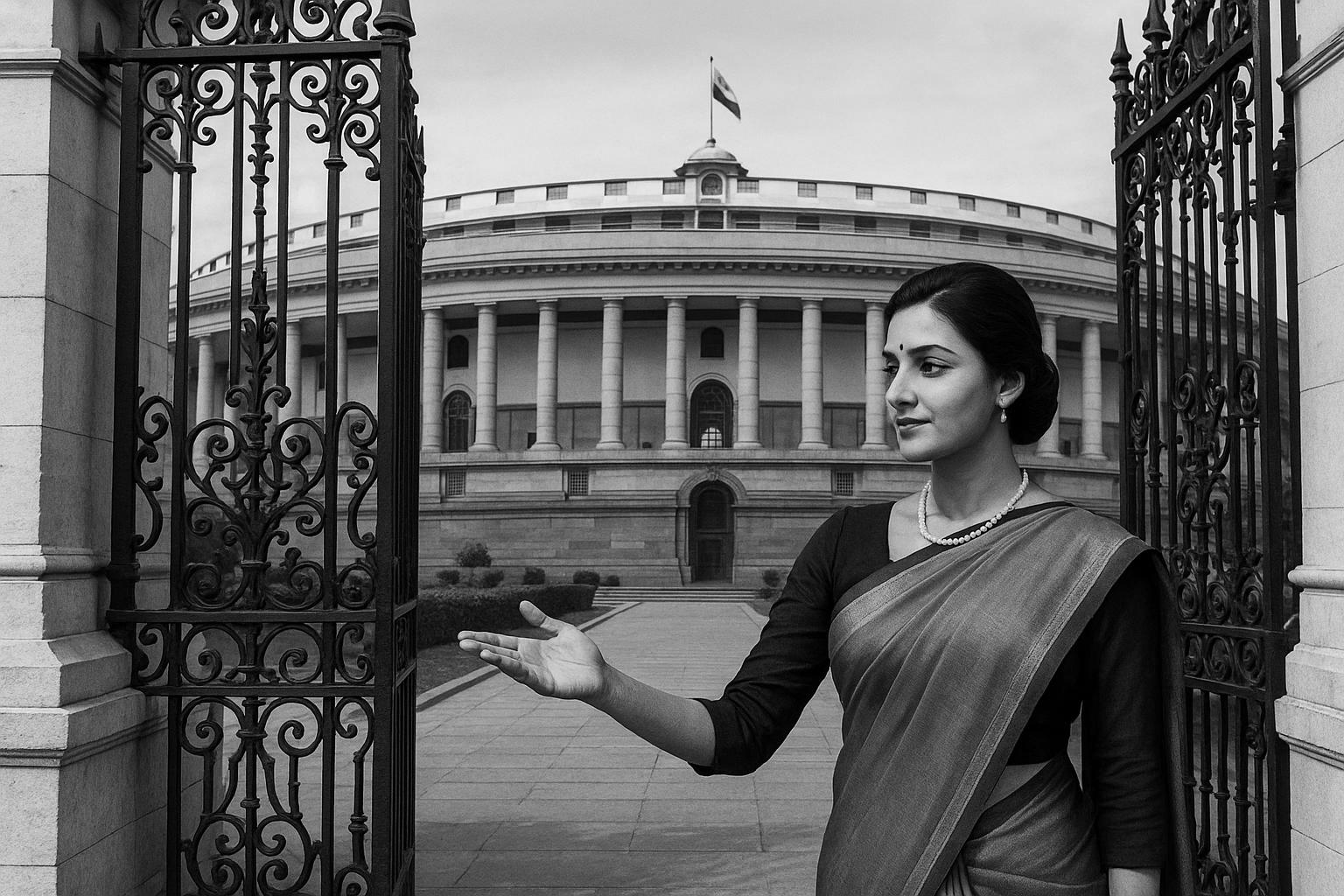British Prime Minister Sir Keir Starmer is undertaking his first major trade mission to India amid the backdrop of a recently struck UK-India free trade agreement, aiming to enhance economic ties without loosening visa restrictions for Indian workers. Accompanied by over 100 British business leaders, including cultural figures such as Gurinder Chadha, as well as executives from major companies like British Airways and Manchester Airport, Starmer’s visit focuses heavily on translating the new trade deal into tangible growth opportunities for the UK.
The trade agreement, finalized after three years of negotiations and signed this summer, is being hailed by the UK government as its most significant post-Brexit deal. It is expected to increase bilateral trade by £25.5 billion annually by 2040 and is projected to add £4.8 billion per year to the British economy. Key provisions include tariff reductions on important UK exports such as whisky—where tariffs in India will be reduced gradually from 150% to 40% over a decade—gin, cars, and cosmetics. The deal also opens up Indian markets, including expanded access for electric and hybrid vehicles, textiles, and services, while promising cheaper and faster trade between the two countries.
Despite these promising economic partnerships, Sir Keir has made it clear that increasing visa access for Indian workers is not on the agenda. This stance contrasts with the demands from some UK business leaders and India's earlier push for more visa allowances during trade negotiations. Starmer emphasised that “the issue is not about visas," reflecting widespread public concern in the UK about immigration levels. He reaffirmed the government's commitment to reducing net migration, a policy under pressure from political opponents calling for tougher immigration controls. Instead, the Prime Minister highlighted that the real focus is on "engagement and investment and jobs and prosperity coming into the United Kingdom."
He also touched upon immigration enforcement, mentioning ongoing consideration of linking visa agreements to whether other nations cooperate on the return of deported individuals. However, he noted that this would not apply to India, given the existing and successful returns agreement between the two countries. This suggests the UK is maintaining a firm but pragmatic approach to immigration, balancing diplomatic and economic interests.
The trade delegation Starmer leads includes notable firms such as BP, Rolls-Royce, BT, and Diageo, and aims to deepen business cooperation that could benefit both nations. British Airways plans to introduce a third daily flight between Delhi and Heathrow next year, while Manchester Airport is launching a new direct route to Delhi operated by IndiGo, reflecting growing connectivity and commercial exchange. Additionally, the new agreement provides a three-year exemption from national insurance contributions for Indian temporary workers and their UK employers, easing short-term labour arrangements in specific sectors.
Starmer’s visit also carries diplomatic undercurrents beyond trade. He is expected to raise human rights concerns, including the prolonged detention of British citizen and Sikh activist Jagtar Singh Johal in India. Meanwhile, the Prime Minister's relationship with Indian Prime Minister Narendra Modi is nuanced; the two leaders have had cordial engagement previously, but Starmer quipped about not sending birthday wishes to Vladimir Putin after Modi did so recently, subtly signalling his stance on geopolitics.
India, now the world’s fourth-largest economy and projected to become the third largest by 2028, presents a growing market and a potential powerhouse for UK exports and investments. The burgeoning demand for higher education in India, where an estimated 70 million new university places will be needed by 2035, offers further opportunities for UK universities to expand their footprint.
While the free trade deal offers promising prospects, it notably excludes visa facilitation, reflecting the UK government's cautious immigration stance. This decision aligns with broader public and political pressures within the UK, as Starmer balances fostering closer economic ties with India against domestic calls for tighter immigration controls.
📌 Reference Map:
- Paragraph 1 – [1], [3], [4]
- Paragraph 2 – [1], [3], [6]
- Paragraph 3 – [1], [2]
- Paragraph 4 – [1], [2]
- Paragraph 5 – [3], [6], [1]
- Paragraph 6 – [1]
- Paragraph 7 – [1], [3]
- Paragraph 8 – [1], [3], [6]
- Paragraph 9 – [1], [2]
Source: Noah Wire Services
